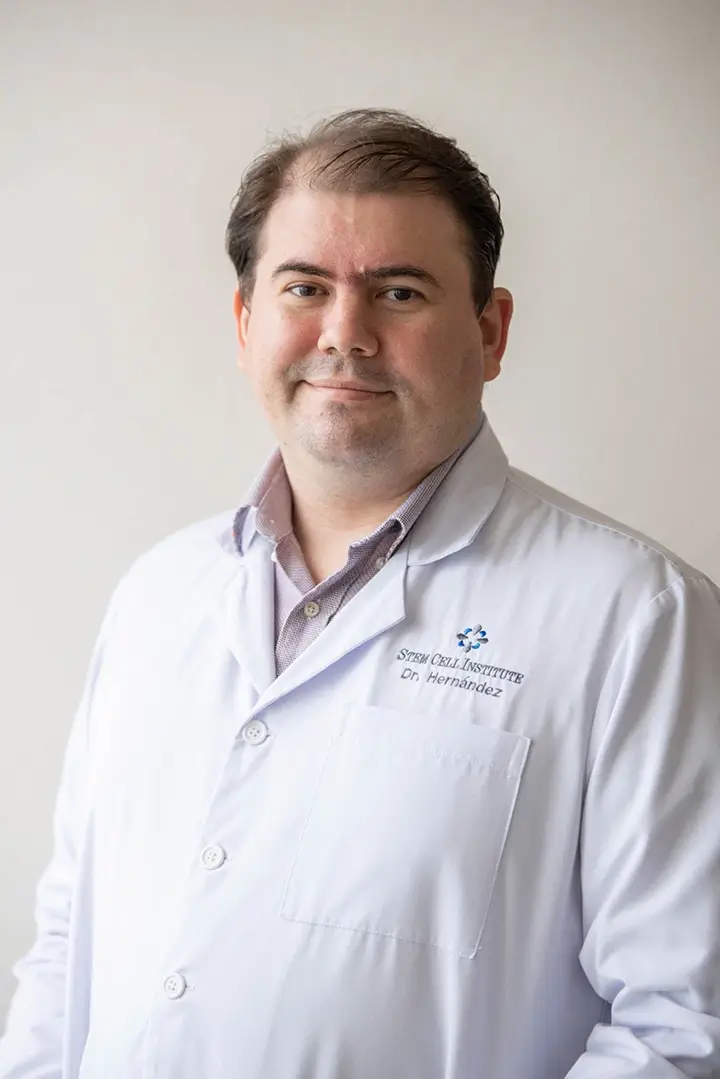Lebers robbed 24-year-old Phil of his vision but he plans to have ground-breaking stem cell treatment to repair his eyesight. This will be the first treatment of its kind and if successful, Phil hopes it will let him see his fiancée Yvette for the first time in three years.
Phil has trouble making out colors and the world appears blurry most of the time due to the nerve damage the genetic condition has caused.
“It is a bit scary being the guinea pig for this,” said Phil.
“But ever since I found out this might be a way of getting my sight back, even if it just makes it a little better, I’ve been up for it.
“Doctors say that in theory it should work,” he added.
Just weeks after he started dating Yvette, the then 20-year-old Phil lost his eyesight overnight.
“We only started going out when he started having problems. But he hasn’t changed a bit,” said Yvette, the 23-year-old customer service worker.
“He has the same sense of humor and outlook on life. He’s incredible.”
Yvette added, “I’m worried about this treatment. But Phil faces the possibility of waking up with no sight as it is, so he really has nothing to lose. But whatever happens, I’ll love him for who he is. He’s my angel.”
During a night out with friends in May of 2003, Phil started to notice his eyesight was getting worse.
“Things were really blurry and I couldn’t make out people’s faces until they were really close to me. It was pretty terrifying. I went to the optician the next day. They said there was something wrong but did not know what and said I should go to hospital. I went to the Southern General in Glasgow and was admitted for two days for tests. I was petrified. I thought I might be dying. My mum, Trisha, died of a blood clot on her brain 12 years ago and I was terrified I had that,” said Phil.
Doctor’s determined that Phil was suffering from Lebers, a condition that affects only about 100 Scots, after conducting six months of tests.
“I’d never heard of it but I have found out it is a genetic illness passed on by a mother to her child,” stated Phil.
“In nine out of 10 cases it is sons who get it, and usually in their early 20s. So I was a classic case.”
In December, Phil will be traveling out of the country for the £10,000 pound stem cell treatment since it is not licensed in the UK. Phil heard of this particular clinic when a story broke that they had successfully treated individuals suffering from multiple sclerosis.
Thousands of stem cells taken from an umbilical cord will be injected into Phil’s body, half in his arm, a quarter in his left temple, and the final quarter in his right temple.
Having the potential to act as a “repair kit”, stem cells are the “building blocks” of the body and can turn into any tissue as well as copy themselves.
The clinic is one of only a handful in the world that presently carries out stem cell therapy.
Doctor’s at the clinic stated, “We’ve never treated this condition before. We could not give Phil any outcome data but could give him an assurance of safety. Stem cells have been shown to repair and regenerate nerve cells so we hope for success.”
“There is so much I want to do with my life and to do it the way I want to, I need to be able to see better. Doctors here say a cure for this in the UK is at least 15 years away.” added Phil. “I have to admit I’ll be totally gutted if it doesn’t work. I hope to have my sight back in time to see my nephew, Connor, open his Christmas presents. He’ll be 22 months and it’ll be the best present ever to see his wee face when he opens his parcels.”
As a result of the condition, Phil has had to adjust almost every single aspect of his life. Simple routines such as brushing his teeth, making a cup of coffee, or even getting dressed are becoming more and more complicated.
Watching football matches, reading, driving, are all now things of the past. Watching TV farther than a foot away from the screen is not possible, and even at a close distance, the picture is completely blurred. He even needs assistance from friends to help him buy the right products in the correct sizes when he goes shopping.
Phil refuses to let the illness get him down, even though the reality is that without treatment he could end up completely blind.
“I have good days and bad days, like anyone. But there is no point feeling sorry for myself. I am determined to get on with my life. I like to feel like everyone else and don’t like people feeling sorry for me,” said Phil.
Taking part in charity events, Phil has to raise all the cash to pay for the procedure.
“It has been a case of thinking of any way I can of getting people to donate. My friends and family have been a great support and I am getting there,” says Phil.
Without his fiancée Yvette, he says none of the fundraising would have been possible.
“She is my inspiration. She helped organize all the charity events and her positive attitude keeps me going. I’d be lost without her. I can’t wait for the day I can see her properly again and to watch her walk down the aisle. I’ll be the happiest man alive.”

